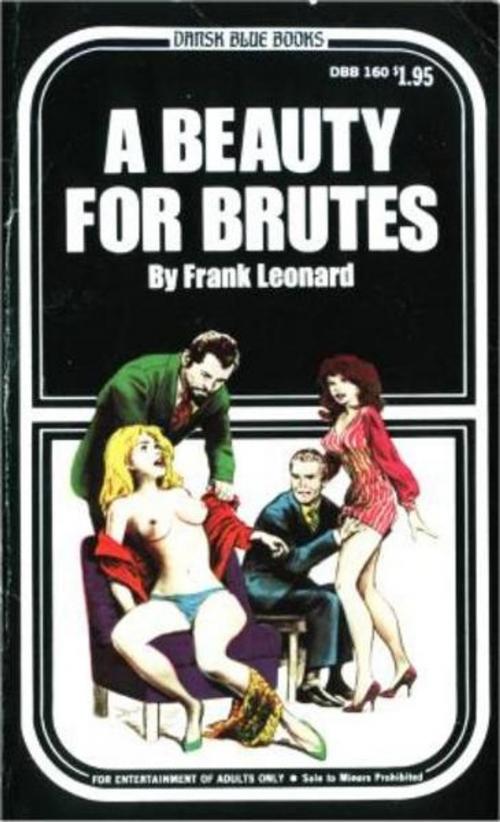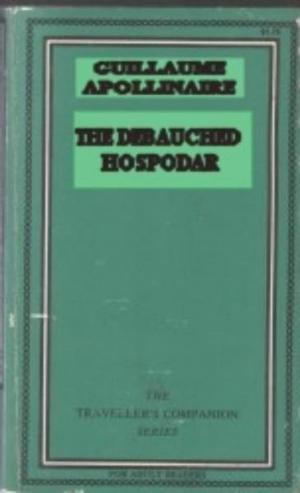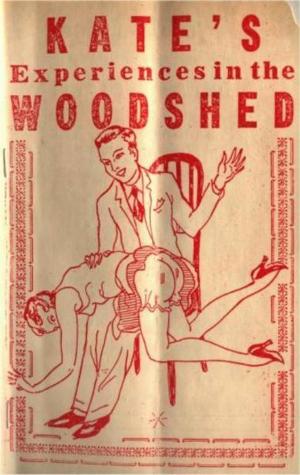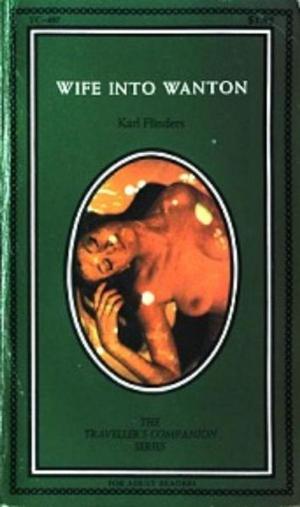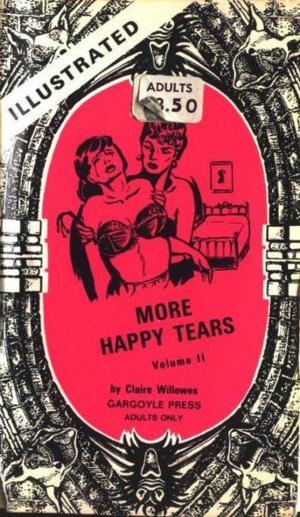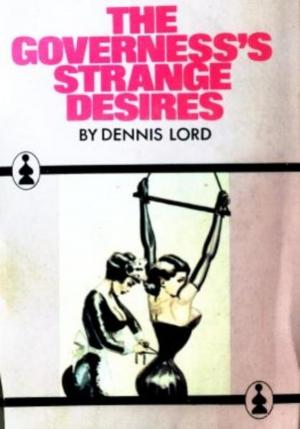| Author: | Leonard, Frank | ISBN: | 9781608720248 |
| Publisher: | Olympia Press | Publication: | September 1, 2010 |
| Imprint: | Olympia Press | Language: | English |
| Author: | Leonard, Frank |
| ISBN: | 9781608720248 |
| Publisher: | Olympia Press |
| Publication: | September 1, 2010 |
| Imprint: | Olympia Press |
| Language: | English |
“In most respects, the bored character resembles those in chronic, neurotic depressed states. There is a lack of appetite for life, a lack of any deep interest in anything or anybody, a feeling of powerlessness and resignation; personal relations—including erotic and sexual ones—are thin and flat, and there is little joy or contentment. Yet, in contrast to the depressed, chronically bored persons do not tend to torture themselves by feelings of guilt or sin, they are not centered around their own unhappiness and suffering, and their facial expressions are very different from those of depressed persons. They have little incentive to do anything, to plan, and at most can experience thrill but no joy.” The reader will do well to keep these words in mind when he meets David Farlane, one of the chief characters in A Beauty for Brutes, the novel by Frank Leonard that follows. You will meet him just as Samantha Carr, the book's young heroine, meets him, in what should be the pleasantest of surroundings and circumstances. He will not seem, at first, to exhibit any feelings of “powerlessness and resignation.” In fact, he definitely appears to exert a strong power over young Samantha. However, as we got to know him better, we see how well he fits into the character-type classification Dr. Fromm has been discussing. Again, Farlane appears to be a more active type than a chronically bored individual would be in real life, but we must point out that his personality has been drawn from real-life case histories. Also, on close analysis, it will be seen that he initiates many activities, but that once these activities have begun he can sit on the sideline and observe them without further effort. As to what these activities are... that is the material of Mr. Leonard's novel. It is a powerful work, both highly entertaining and deeply serious. Frank Leonard makes no attempt to point a moral, but the story can be taken as a clear warning: Watch out for the David Far-lanes of the world. They can be dangerous.
“In most respects, the bored character resembles those in chronic, neurotic depressed states. There is a lack of appetite for life, a lack of any deep interest in anything or anybody, a feeling of powerlessness and resignation; personal relations—including erotic and sexual ones—are thin and flat, and there is little joy or contentment. Yet, in contrast to the depressed, chronically bored persons do not tend to torture themselves by feelings of guilt or sin, they are not centered around their own unhappiness and suffering, and their facial expressions are very different from those of depressed persons. They have little incentive to do anything, to plan, and at most can experience thrill but no joy.” The reader will do well to keep these words in mind when he meets David Farlane, one of the chief characters in A Beauty for Brutes, the novel by Frank Leonard that follows. You will meet him just as Samantha Carr, the book's young heroine, meets him, in what should be the pleasantest of surroundings and circumstances. He will not seem, at first, to exhibit any feelings of “powerlessness and resignation.” In fact, he definitely appears to exert a strong power over young Samantha. However, as we got to know him better, we see how well he fits into the character-type classification Dr. Fromm has been discussing. Again, Farlane appears to be a more active type than a chronically bored individual would be in real life, but we must point out that his personality has been drawn from real-life case histories. Also, on close analysis, it will be seen that he initiates many activities, but that once these activities have begun he can sit on the sideline and observe them without further effort. As to what these activities are... that is the material of Mr. Leonard's novel. It is a powerful work, both highly entertaining and deeply serious. Frank Leonard makes no attempt to point a moral, but the story can be taken as a clear warning: Watch out for the David Far-lanes of the world. They can be dangerous.
